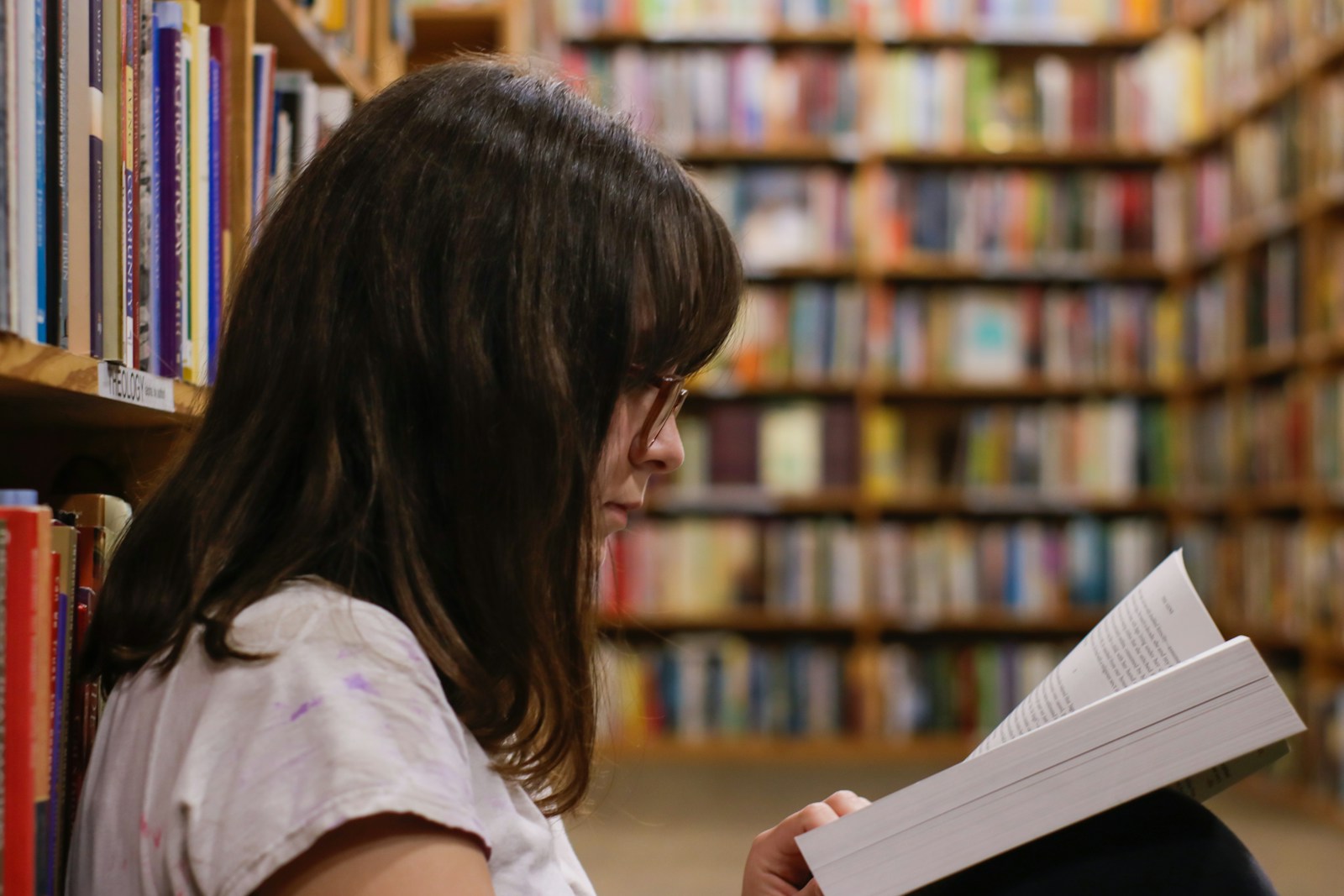Play Hard, Study Smart: Finding the Right Balance for Serious Students
Achieving success in both academic and personal life requires a harmonious balance between study and play. Students often face the challenge of managing their educational responsibilities while making time for leisure and relaxation. The key lies in creating an equilibrium that promotes effective learning and personal fulfillment without compromising either. This article will explore practical strategies to help students find the right balance for a successful and well-rounded college experience. Keep reading for valuable insights on structuring your life for optimum success and enjoyment.
Crafting an Effective Schedule: Balancing Academics and Leisure
Organizing your time effectively is crucial for maintaining a balance between study and play. Create a weekly schedule that sets clear boundaries for when to study and when to relax. This structure will help you manage time more efficiently and ensure you have room for academics and leisure. When plotting your schedule, be sure to account for classes, homework, study time, extracurricular activities, exercise, and free time.
Utilize digital tools or planners to stay on track. Setting reminders for study sessions can foster discipline, and scheduling alerts for downtime can help you look forward to breaks. If you have a big project or exam approaching, adjust your leisure time and consider short, frequent breaks to maintain focus without overworking yourself. Playing Fire Stampede can also be a fun way to unwind and take a quick mental break, recharging your energy for more productive work.
Prioritizing tasks can also increase efficiency. By tackling the most challenging or important tasks first, you create a productive momentum that can carry you through less demanding activities; moreover, by getting significant tasks out of the way early, some of the pressure lifts, allowing for more relaxed and enjoyable leisure time later on.
Prominent methodologies, like the Pomodoro Technique, suggest a cyclic pattern of work and rest, reinforcing the study-play balance while avoiding fatigue. Integrating such methods into your schedule can improve academic performance and personal satisfaction. The key is consistency and a willingness to adapt as your needs and circumstances change.
Maximizing Productivity: Techniques for Efficient Study Sessions
Effective study techniques are essential for maximizing productivity during allocated study times. Start by creating a distraction-free environment conducive to concentration. This could mean leaving your phone in another room, using noise-canceling headphones, or choosing a quiet space in the library. Setting clear objectives for each study session helps keep you focused on your goals.
Engage in active learning by taking notes, summarizing information in your own words, or teaching the material to someone else. These techniques enhance understanding and retention, reducing the time needed to revisit subjects before exams. Use visual aids, such as charts and mind maps, to help clarify complex information and create memory triggers.
Break down larger tasks into manageable chunks. This approach prevents feeling overwhelmed and allows you to track progress, creating a sense of accomplishment as each piece is completed. Small successes bolster motivation and make extensive projects or study materials feel more approachable.
Incorporating the right technology can also streamline your study process. Digital flashcards, educational apps, and online resources can enrich your learning experience. Opting for RHIA online degree programs is an excellent example of leveraging technology for flexible, efficient learning that accommodates your lifestyle.
The Role of Physical Activity in Academic Success
Physical exercise is potent for boosting brain function and sustaining a balanced lifestyle. Regular physical activity has been shown to improve concentration, enhance memory, and elevate mood, all of which are beneficial for academic success. Students should aim to incorporate some form of exercise into their daily routine, even if it’s just a brisk walk or a quick workout session.
Physical activity provides a healthy outlet for stress relief. The pressures of academics can be intense, leading to anxiety and tension. Exercise triggers the release of endorphins, which are natural mood lifters, providing a much-needed break from the mental strain associated with studying.
Sports and fitness activities can also serve as social interaction and team-building platforms. These experiences contribute to a sense of community and belonging, which is essential for mental health. Balancing solo study sessions with team sports or group workouts can perfectly balance focus and social engagement.
Moreover, exercise can help regulate sleep patterns, ensuring you are well-rested and alert for academic challenges. Sleep is a critical factor in memory consolidation and cognitive function, and maintaining a consistent exercise regimen can contribute to more restful and restorative sleep, enabling you to perform at your best academically.
Altogether, achieving a balanced lifestyle of study and leisure is essential for academic success and personal well-being. By prioritizing time management, effective study techniques, and physical activity, students can create a fulfilling and productive college experience.




